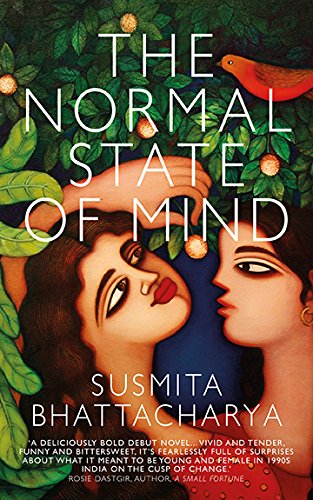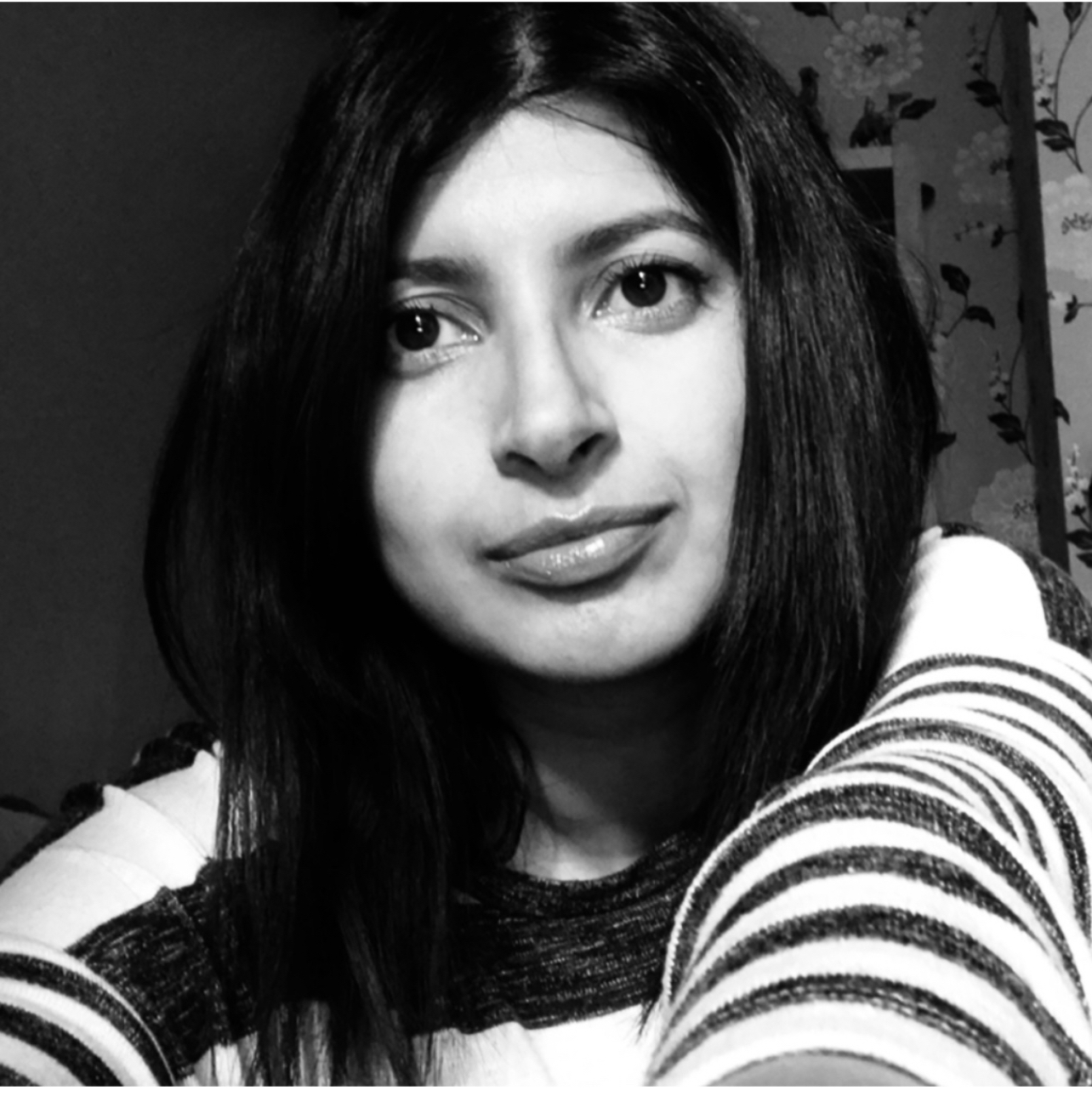When did you have the initial idea for Djinn Patrol on the Purple Line?
When I was working as a reporter in India, I came across stories of real-life disappearances of children; that was the initial spark for the novel. I was writing on education and human rights, as part of which I often interviewed children who lived in impoverished neighbourhoods like the one in my novel. It was during that time that I realised there were certain neighbourhoods where as many as twenty or thirty children had disappeared over two or three years. The parents received little or no help from the police and government institutions, who refused to investigate these disappearances.
Because my reports often focused on children’s rights, I was naturally interested in their stories. What was it like for children to live in a neighbourhood were disappearances were frequent? How did they deal with fear and uncertainty? I thought I would write a news report about these disappearances, examining their impact on children, but I ended up leaving India and moving to the UK. But the idea stayed with me.
How long did it take you to develop this story idea into the novel that was published and how did you develop as a writer in that time?
I tried writing a novel about the disappearances of children in 2009, but failed. I wasn’t sure I had the authority to write about a marginalised community, and I also lacked the technical skills to write a novel. I returned to the idea in 2016. By then I had written several short stories from the perspective of children; I had read many books with child narrators and watched movies with child protagonists, and I had a clearer idea of what I wanted to achieve in the novel.
Djinn Patrol on the Purple Line is my third novel though it is my first published book. In the time between first thinking of the idea and actually writing it, I wrote two other novels (that remain on my laptop), and several short stories. I also studied creative writing and received feedback on my work; I think all of that contributed in some way towards shaping Djinn Patrol on the Purple Line.
Child trafficking is an incredibly harrowing subject and yet there’s a lightness that comes through your nine-year old protagonist, Jai. When did you know you would use Jai to tell this story?
The voice of the main narrator, Jai, was my way into this story. He, and the other children in the novel, were inspired by the children I had interviewed as a reporter. Many of them were working, or weren’t able to study, because of their difficult financial or domestic circumstances. Despite this, they were often cheeky and witty, if not downright sarcastic. I drew from the memories of those interviews, and from the children I know in my life, to create the voices of my characters. I didn’t want to write a novel that would reduce the children and their families to victims, or dehumanise them; at the same time, I wanted to portray the reality of poverty as it is experienced by many Indians honestly. I found that the best way to tell such a complex story, to ensure that the characters would come across as themselves, as more than the sum of their circumstances, was by sticking closely to Jai’s perspective.
I always knew that the children themselves would have to be at the heart of the story about their disappearances, particularly because in real life, this isn’t the case. Hence the child narrator.
Tell me about your writing routine. What is a typical writing day like for you?
I don’t have a typical writing day or a routine, though I aspire to one! On a good day, I get some writing done early in the morning. I find that the self-critical voices in my head are least loud at that time. If for whatever reason—other work, other responsibilities—I don’t get to do that, I try to go over a chapter or even a paragraph of what I am working on so that I can stay in that world.
You won The Asian Writer Short Story Prize in 2012 and went on to be placed for several other short story prizes including the Bristol Short Story Prize. Is it a form that you still work in?
I am trying to write my second novel, and I find it hard to switch from one form to another, so not at the moment.
Do you have a preference for either form and what do you enjoy about each of them?
I love both short stories and novels. I am not that interested in parsing the differences between both – I enjoy works by writers who break the rules about what a novel or a short story can do.
I noticed that in Djinn Patrol on the Purple Line, you’ve incorporated the words spoken in Hindi without them being italicised or over-explaining. Was this a conscious decision and is it something you hope the wider industry embraces more of?
My characters think and speak in Hindu and Urdu, and there is an act of translation involved in me rendering that in English. There was an added layer of difficulty with the translation because of the child narrator. Children have their own neologisms and idioms—how do you convey that, the rhythm of their speech, in a different language? So my solution was to retain some of the original Hindi and Urdu words for texture and flavour. Personally, I dislike it when words in the language that the character speaks or thinks are italicised—who is the italics for? Italics denotes something foreign, but these words are the character’s own.
As a writer of colour, I did feel that I should resist explaining my culture for the benefit of the Western reader. If you don’t immediately understand something, you can learn what it means through context or repetition, or by looking it up. That is how I approached works by Western writers; I didn’t get every cultural reference in their books while growing up in a small village in Kerala, with no access to the internet. I was happy to trust the writer, and I hope that’s a courtesy Western readers can extend to writers from other parts of the world.
Finally, what advice would you give to anyone thinking about writing a novel?
I think it’s useful to read a lot, in the genre that you want to write in, but also widely. Read closely and learn to dismantle stories or novels you admire so that you can learn how a writer has constructed a narrative, and their approach to characterisation or dialogue. It is good to have a community of writers with whom you can swap your writing and discuss craft. But there is no one-size-fits-all approach when it comes to writing advice; always disregard what doesn’t work for you.
Deepa Anappara grew up in Kerala, southern India, and worked as a journalist in cities including Mumbai and Delhi. Her reports on the impact of poverty and religious violence on the education of children won a Developing Asia Journalism Award, an Every Human has Rights Media Award, and a Sanskriti-Prabha Dutt Fellowship in Journalism. A portion of her debut novel, Djinn Patrol on the Purple Line, won the Lucy Cavendish College Fiction Prize, the Deborah Rogers Foundation Writers Award, and the Bridport/Peggy Chapman-Andrews Award. She has an M.A. in Creative Writing from the University of East Anglia, where she is currently studying for a Ph.D. on a CHASE doctoral fellowship.#
Photo credit: Liz Seabrook

